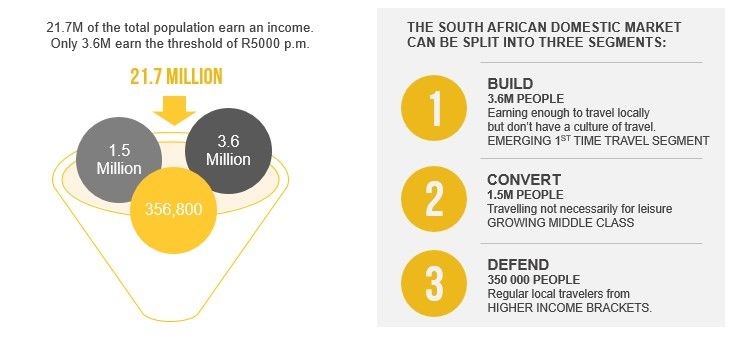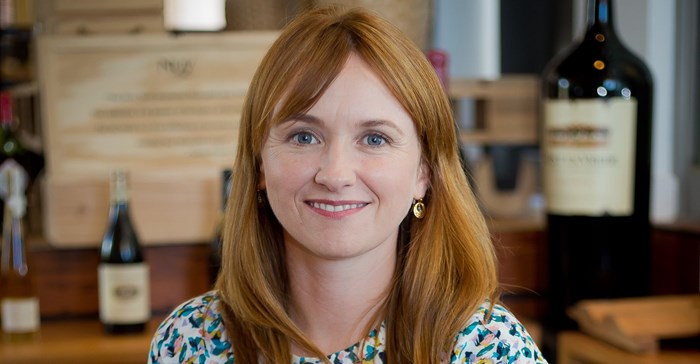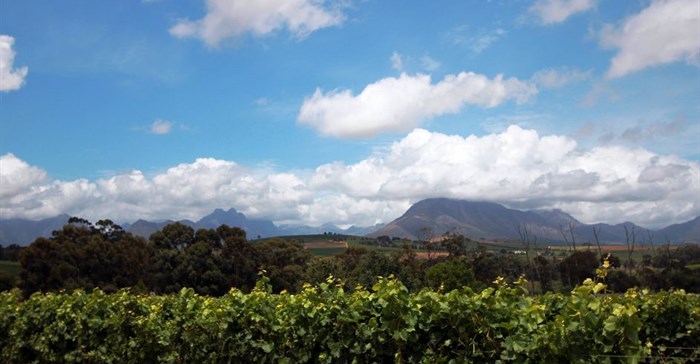The swinging doors to kitchen culture was first held open by celebrity chefs like Julia Child and Jamie Oliver. For the tourism industry it was the travel documentary style of Rick Stein and Anthony Bourdain that beamed travel to exotic locations, and Cornwall, into our lounges on a weekly basis and normalised experiencing a destination through our taste buds.
1. Food and wine top of mind
This trend shows no indication of slowing down with the South African inbound travel trade reporting a 16% increase year-on-year in the overall number of wine tours booked in 2017 on top of positive growth figures recorded in 2016 and 2015.
The most popular food and wine experiences in the Western Cape with international and domestic visitors are guided wine tours, neck-and-neck with fine dining restaurants, food and wine pairings, cellar tours and an opportunity to meet the winemaker.
A number of wine farms are successfully providing experiential offerings like cooking classes and wine making and blending experiences. Self-catering farm stays are increasingly popular with city dwellers who are interested in seeing where their food comes from and participating in the preparation, from fruit harvesting to wine grape stomping.
In research conducted by South African Tourism (SAT) during 2016, the type of holidays that the UK consumer associated with South Africa was put to the test. Wine holidays finished in fourth position, behind safaris, nature sites and wildlife and adventure ahead of beaches and sunbathing – a British stronghold – in fifth position.
2. Domestic tourism: glass half full
The domestic tourism market in South Africa is fiercely competitive when you look at the size of the population with the means and the motivation to travel for leisure purposes. With only 350 000 regular travellers taking holiday trips in our country it’s very much a defend market that should enjoy as much attention in marketing strategies as international markets.

South African Tourism's segmentation of the domestic travel market.
When you swap the volume lense for value, the Western Cape performs exceptionally well:
• In terms of the total number of domestic trips by destination province in 2016, the Western Cape ranked in fifth position. If you focus on the high yield segment of holiday travel, instead of other purposes of visit such as shopping, religious and medical, the province ranks in first position with 620,000-holiday visitors in 2016 compared to Kwa-Zulu Natal’s 570,000 in second place.
• This number is larger than the number of UK and German visitors to the province combined – adding a hefty chunk of the US market too to reach parity. Admittedly, the international visitors are likely to stay in the destination for longer and spend more as a result.
• The Western Cape also comes out tops in the number of paid bednights spent in the province at 4.1 million in 2016 just ahead of Kwa-Zulu Natal’s 3.9 million and boasted the longest average length of stay per province of 4.9 nights.
3. Technology enabled personalisation
A travel purchase is one of the highest risk buys that a consumer is likely to make in their lifetime. It’s a product that they by definition cannot hold, handle or inspect and have to travel to the point of production to consume. "Will I like it? What if it’s not for me? Why don’t we rather spend the money on a porch extension?" are only some of the questions likely to go through their mind.
SAT UK’s recent "Discover Your South Africa" activation centred on an incredibly innovative concept. To help people take the first step of booking their South African holiday, they gave them a taste of the experiences that await. In five cities across the UK during September and October 2018, guests walked through a series of rooms, each representing one of the five marketing pillars of South Africa. The wine tram was rebuilt in the Food & Wine themed room where visitors could enjoy food and wine paired tastings.
Using the latest tech, they monitored what moved them the most, then matched the prospective visitor to an itinerary that’s guaranteed to push their buttons, personalising the travel experience.
The Discover Your South Africa activation in London.In the first SA Wine Industry Innovation Challenge hosted by Winetech, the Stellenbosch University LaunchLab and the Faculty of AgriSciences, Ask-Jean walked away the winners. Their app that innovatively predicts consumers’ wine preferences, is aimed at narrowing down what can be an overwhelming amount of choice in the wine aisle or online trolley by personalising the experience.












































































































































